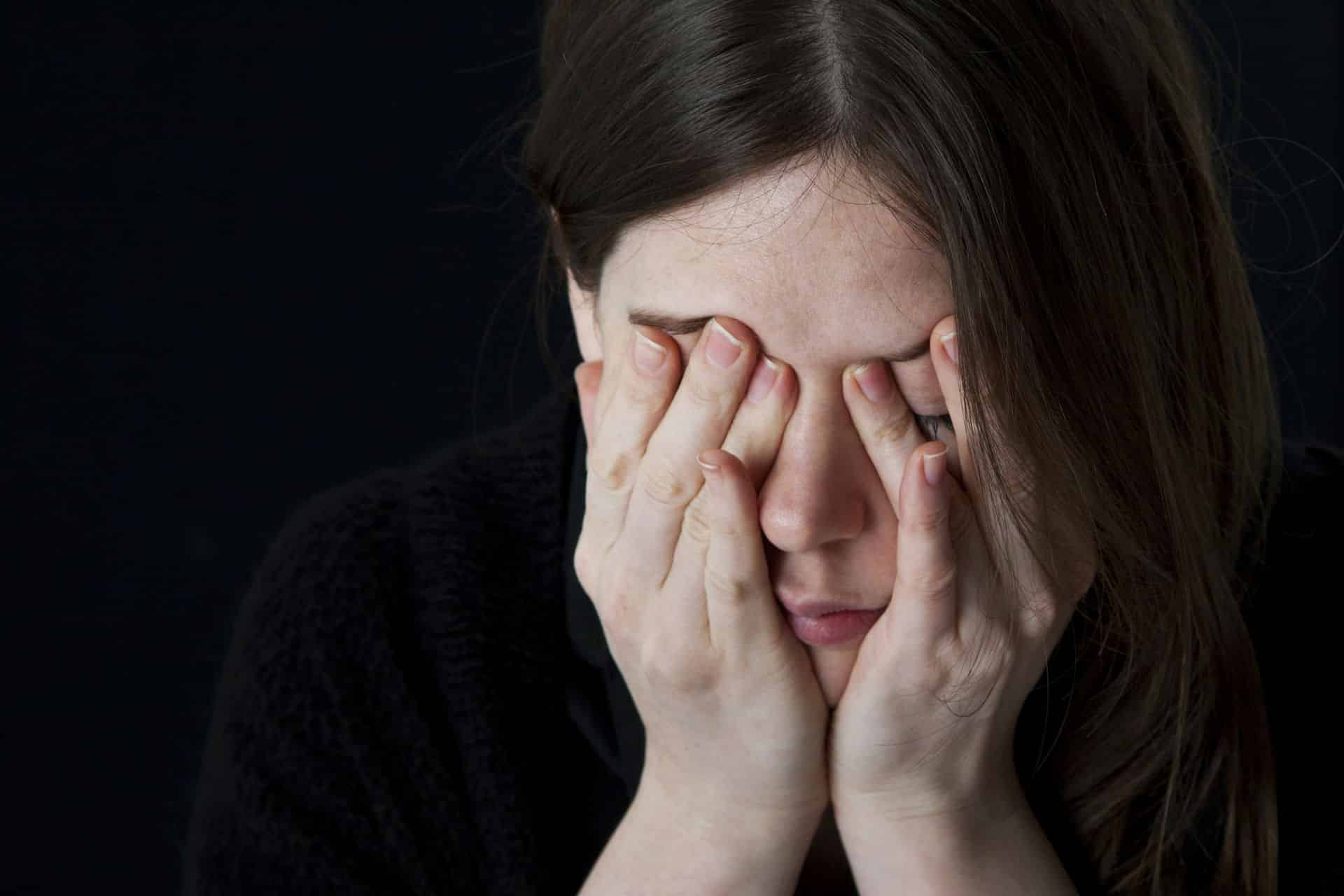The first step towards recovery can be daunting, especially with the number of treatment options available.
What works for somebody else may not work for you.
Ideally, you’d prefer treatment or therapy that is tailored towards you as an individual. While conventional treatments are effective, a multifaceted approach to your recovery can achieve amazing results.
Combined with conventional treatment, alternative therapies can add that extra dimension needed to reach your recovery goals.
After all, it’s important to find the treatment that feels like a good fit for you.
Fortunately, there are now plenty of alternative options to complement conventional therapies.
So where do you start?
Table of Contents
ToggleAlternative And Complementary Treatment Options
Sometimes it is easy to feel downtrodden and dispirited while going through recovery, so a treatment plan that uplifts your spirits along the way can be life-changing.
Although nothing substitutes for conventional treatments, alternative and complementary therapies are integrated strategies that can boost treatment outcomes.
Luckily, there are a wide variety of alternative treatment options available. Treatment centers offer comprehensive programs with treatment techniques that take into account your unique treatment requirements including alternative therapies, such as art therapy, animal therapy, and even yoga therapy for addiction.
This is important as recovery can at times be a tough road to walk. When you’re looking for a treatment center, look for alternative therapy options that might be included. Listed below are some of the most popular therapies you might find.
Mindfulness And Yoga Oriented Therapies
A yoga and mindfulness practice can be viewed as a tool to work alongside other therapies. Just like with regular talk therapy, yoga helps you become aware of your thoughts and emotions, which is incredibly helpful as you learn to observe your own behavior.
Mindfulness can create space to view your thoughts and emotions from a place of awareness, which can help you avoid running on autopilot.
And that’s where a lot of addictive behaviors come out.
When you are mindful in the actions you are performing, you are less likely to act out entrenched patterns and habits that are no longer serving you.
Such as with substance abuse.
Substance abuse is an unmindful action that creates a disconnect from emotions and thoughts, which can ultimately lead to self-destructive behaviors.
Techniques that assist in achieving self-awareness are incredibly important tools to have in your recovery arsenal.
So what are the benefits of yoga and how can practice assist in recovery?
Some potential benefits include
- better sleep,
- healthier exercise and eating habits,
- heightened sense of self-confidence and improved self-image,
- stress relief,
- increased physical stamina and strength,
- self-reflection and increased self-awareness,
- pain relief,
- increased energy levels,
- reduction in fatigue,
- emotional healing,
- and overall health and wellness improvement.
Art Therapy
Another alternative therapy strategy that can speed or assist addiction recovery is art therapy. The American Art Therapy Association (AATA) defines art therapy as “…an integrative mental health service that assists in enriching patients and their families lives through active art-making, creative process and applied psychological theory.”
In art therapy, a patient may be asked to create an image of how they are feeling in the present moment, or to create a self-portrait. This can open a space for patients where there are no “right” or “wrong” ways in which to express themselves.
The idea is simply to provide a venue to express the self.
According to AATA, art therapy can help patients in a variety of important ways
- resolving emotional conflicts,
- building self-esteem,
- encouraging self-awareness,
- reducing anxiety,
- and developing social skills.
Adventure Therapy
If you tend to be to an active person, or someone who aspires to be more active, then perhaps adventure therapy can assist in your treatment.
Adventure therapy offers a more active, dynamic path to recovery. This type of therapy can assist in gaining insight into what may drive and maintain addictive behaviors. It also presents patients with the opportunity to develop numerous life skills that can aid in recovery and reduce the risk of relapsing.
Adventure therapy may include activities such as ropes course, hiking, camping or playing games. This can assist in
- forming strong, meaningful friendships with patients experiencing their own recovery journey,
- learning how to deal with stressful situations providing insight into how possible maladaptive coping skills may contribute to substance abuse,
- and giving patients the opportunity to build self-confidence which may assist their lives outside of treatment.
Finding A Treatment Program With Alternative And Complementary Therapies
There are countless forms of alternative treatment programs. Finding the right program can be an integral part of your recovery. As with conventional addiction treatment, alternative therapies are not a one size fits all approach. People seeking treatment may need to shop around before finding a program that suits them.
Alternative therapies are best used in coordination with traditional treatments. When developing a treatment plan that is right for you, rehabilitation professionals will work with you to help determine the best means of approach.






